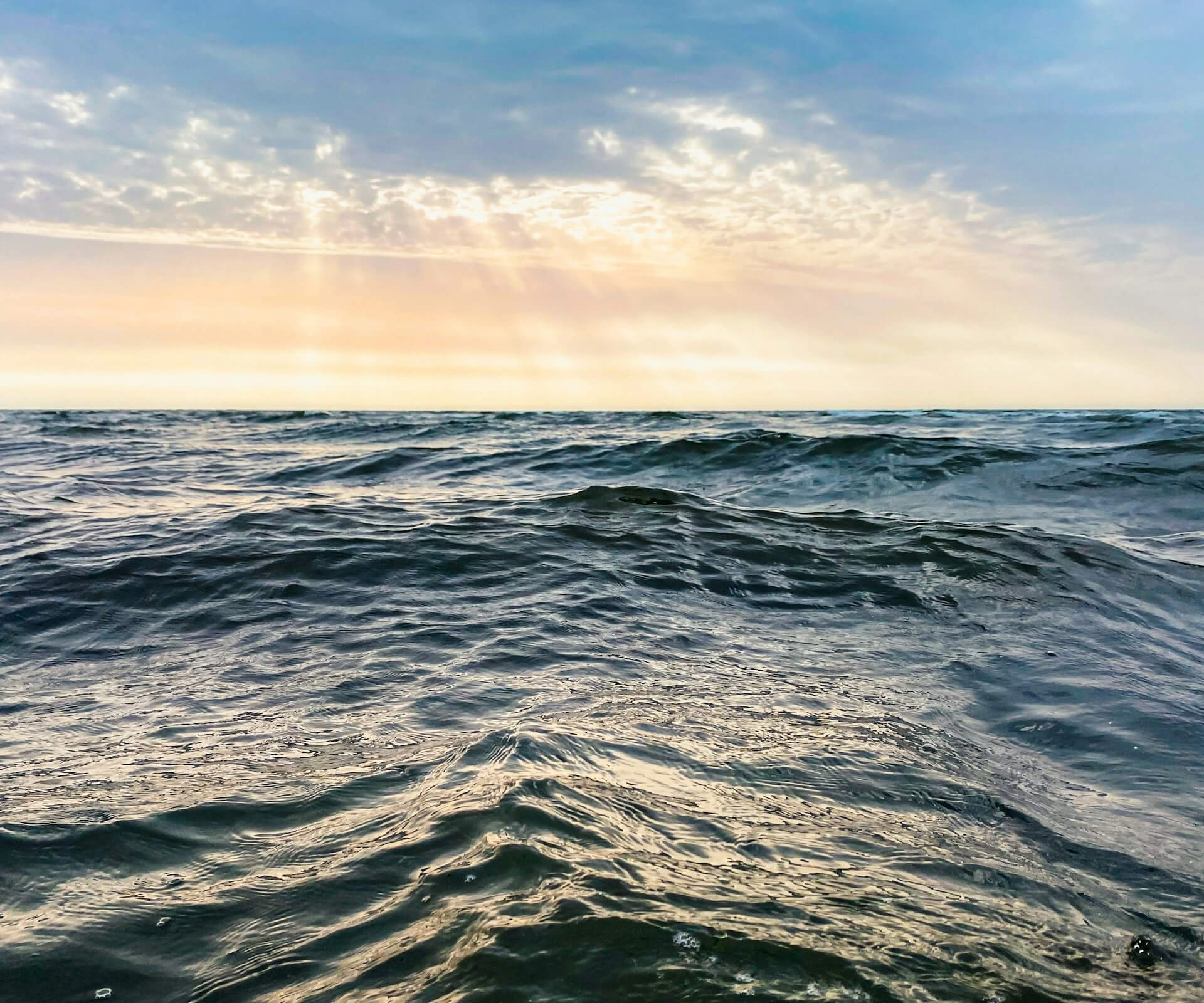We need to change our relationship with energy

By Rob Hunt, Account Executive, Energy
More and more, people fall into the same trap when thinking about decarbonisation:
Use EVs rather than internal combustion engine automotives. Switch from fossil fuels to renewable energy. Use batteries to store energy to use later.
While these ideas do help to decarbonise, it just isn’t as simple as it seems.
We can’t look at energy holistically in good or bad, black or white (or green) terms. As Graeme Cooper put it recently, speaking at Fully Charged Live, energy is brown – everything goes into the grid, be it renewable energy like solar and wind, or be it nuclear or coal. All the energy mixes. Our perceptions of the energy we use and see generated are simplistic. Ultimately, we need to change our relationship with energy.
Less is more – the best energy is the energy you don’t use
Demand for energy is set to rocket in the UK, by 2030 the grid’s capacity will have to more than double in size to accommodate. One measure that can sometimes be overlooked is simply using less energy – the cleanest (and therefore best) energy is the energy that you don’t use.
This doesn’t necessarily just mean switching off lights or getting rid of the tumble dryer in favour of a good old fashioned washing line. Increasing the efficiency of our products, homes and more will help use less energy in the long term. EVs versus internal combustion engine (ICE) cars are a classic example – ICEs typically provide around 30% efficiency, whereas electric vehicles tend to fall in the region of 70%. A transition to electric vehicles would therefore more than double the fuel efficiency of automotive transport – bearing in mind that more than a quarter of UK emissions come from transportation – this would help make a large dent in British greenhouse gas emissions.
Right place, right time – the best way to use renewable energy
While reducing is a big part of decarbonisation, being smart on when to ramp up energy consumption can allow for responsible usage at period of high output. With regional network operators facing the shock of new renewable entrants across the UK, managing consumption to align with higher periods of renewable energy output could help utilise power that would otherwise go to waste.
Likewise, geography plays a part, with areas ripe for renewable energy production often distant from hubs for energy consumption. Creating industrial hubs closer to the source of renewable energy could be an option moving forward, with automation allowing plants to dial up and down production 24/7 to make the most of abundant renewable energy when it is available.
The circular economy – regeneration and recycling
Electric vehicles also exemplify how we need to transition to a more circular economy. The batteries used in modern electric vehicles require high value minerals including lithium, copper, graphite and more. With the vast expansion of EVs and other battery technologies to help deal with decarbonisation, ensuring that we refurbish and recycle battery elements is essential.
EV batteries go through multiple stages of life, starting off, of course, as new systems fresh off the giga-factory production line. After years of service, they can be largely refurbished, giving them a second lease of life – in this phase they can still hold up to two thirds of their original capacity. These legacy batteries can be installed in homes or businesses, used to store surplus solar power in times of high production. Once these batteries become spent in this capacity, they are still able to be recycled. In 2020, 460,000 tonnes of lithium-ion batteries were recycled, with this set to increase to more than 1.2 million tonnes of recyclable batteries by 2030.
With the price of minerals such as lithium set to multiply, potentially a hundred-fold, in the coming years, a regeneration and recycling mindset is a must to make sure that decarbonisation and net zero remain on track.
Changing our relationship with energy will not be easy, but our expertise in the energy industry can help your business on its way. With deep knowledge bases in everything from renewable energy and sustainable mining to DSO grid management and cybersecurity, we have the people and the insights to help enhance our relationship with energy, as well as your relationship with your stakeholders.

